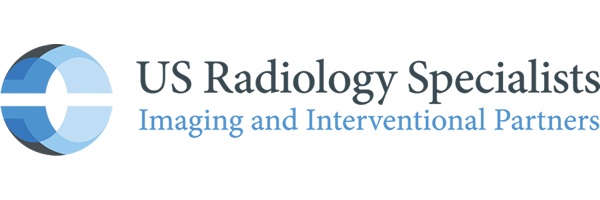Should you start getting annual 3D screening mammograms at age 35 or 40? Can you ask for the exam as early as age 30? When should you stop having breast cancer screenings? The answers to these questions are as unique as each woman and depend largely on individual risk factors. In short, your screening mammogram timeline lies at the intersection of age and your risk for breast cancer.
What’s the Ideal Age to Start Annual Screening Mammograms?
The ideal age for you to begin getting regular mammograms may differ from your mom’s, sister’s or best friend’s starting point. To decide when to have your first screening mammogram, talk with your primary care or OB-GYN physician. They’ll make a screening recommendation based on your unique risk factors and health history.
If You’re at Average Risk for Breast Cancer
Several clinical guidelines — including those from the American College of Obstetricians and Gynecologists (ACOG), the American Medical Association (AMA), the American College of Radiology (ACR) and the Society of Breast Imaging (SBI), to name a few — recommend that women start getting mammograms at age 40 if they have no current breast concerns or issues.
In 2024, the U.S. Preventive Services Task Force (USPSTF) updated their guidelines to recommend that women at average risk of breast cancer get their first screening mammogram at age 40. Previously, the group recommended starting at age 50.
Charlotte Radiology follows the breast health guidelines of the National Comprehensive Cancer Network (NCCN) and other expert organizations in supporting the following:
- Ages 25 to 39: If you’re in good health with no risk factors for breast cancer, you can see your primary care or OB-GYN physician for your breast health clinical exam during your annual well visit. Conducting a monthly breast self-exam to familiarize yourself with how your breasts normally look and feel, can help you spot any changes that may require further evaluation by your doctor.
- Ages 40 and older: Continue performing monthly breast self-exams and getting physical breast exams during your well visits. Most importantly, schedule your first 3D screening mammogram and then continue screening every year to track changes to your breasts, measure breast density, and identify any concerns that may signal early-stage breast cancer. In fact, annual screening mammograms can help detect breast cancer up to 3 years before a lump can be felt by a patient or physician.
If You’re at Higher-Than-Average Risk for Breast Cancer
Having a family history of breast cancer or certain genetic mutations, such as BRCA1 or BRCA2, increases your risk for the disease. If you have a higher-than-average risk, your breast health screening timeline may need to start earlier, according to the NCCN and other organizations.
- By age 25: Get a breast cancer risk assessment from your physician.
- Age 30: Your physician will recommend the earliest age at which you should get a 3D screening mammogram. You may need to start screening as early as age 30, depending on your risk level, but no later than age 40. Your physician may also recommend supplemental screening in addition to your annual mammogram – for example, with screening breast ultrasound or breast MRI – if you are at higher risk.
Regardless of age, if you experience breast symptoms, such as a palpable lump, discharge or change in appearance, consult with your physician immediately and get a referral for a diagnostic mammogram so they can determine a diagnosis.
Read More: Breast Cancer in Young Women: Risk Factors and Early Detection
At Which Age Should You Stop Mammograms?
Breast health expert guidelines recommend women continue to have annual mammograms through their 50s and 60s and into their 70s. Why? Because breast health changes as you grow older. The risk for breast cancer increases with age and the many changes that occur in women’s bodies, including shifts in hormones and breast density.
The median age of breast cancer diagnosis is 62 years old — and most cases are diagnosed in women aged 50 and older — so continuing to receive an annual screening mammogram is the best way to monitor your breast health and any changes in breast tissue that may need to be addressed early on. All expert guidance recommends you discuss your breast health with your physician at your annual well visit so you can decide what’s best for you, given your age, health history, stage in life, and any personal preferences or needs.
The USPSTF finds that mammograms are beneficial for women aged 40 to 74, with limited data for screening age 75 or older. Most guidelines state that continuing to receive a mammogram after age 75 is a personal decision that women should make in collaboration with their healthcare provider.
You and your physician will weigh several factors in determining whether to continue annual screening mammograms after age 74, including:
- Life expectancy
- Overall health
- Quality of life
- Breast cancer history/survivorship
- Tolerance for potential side effects of breast cancer treatment
Prioritize Your Mammogram for Your Best Breast Health
No matter what age your breast health journey begins, Charlotte Radiology is here to provide you with screening and diagnostic breast imaging and services to help monitor and manage your breast health over time.
We know every woman has a unique risk profile for developing breast cancer in her lifetime. We are your partners in care and are here to work with you and your doctor to develop and maintain a long-term plan for your best breast health.
Charlotte Radiology provides comprehensive screening and diagnostic breast health services to more than 130,000 women each year. Our board-certified physicians are subspecialized in breast imaging and procedures and have been providing expert, compassionate care for more than 50 years.



